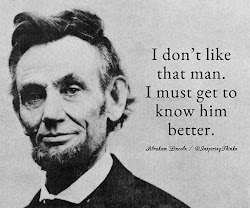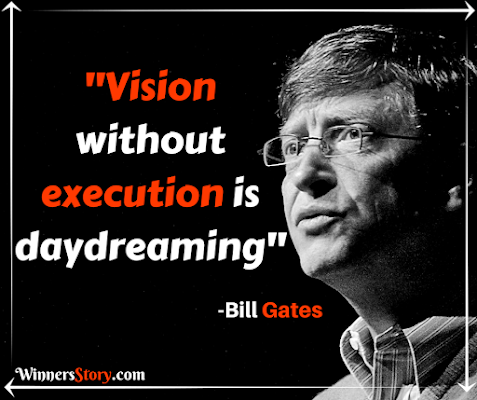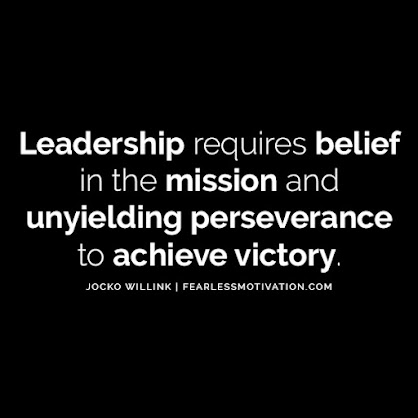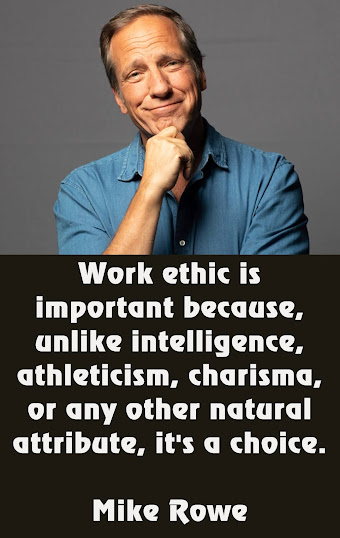
Living the 'Golden Rule' is the final quality that Brady and Woodward include in the Trilateral Leadership Ledger's factor of Relationships.
The Merriam-Webster Online Dictionary defines Golden Rule as: a rule of ethical conduct referring to Matthew 7:12 and Luke 6:31: do to others as you would have them do to you; a guiding principle.
Every major religion and philosophy has some version of what we have come to know as the "Golden Rule". In essence, the 'rule' is to treat other people as you would want to be treated. There are far too many people in leadership positions who see this as a one way street. They expect to be treated with respect and courtesy but end up completely disrespecting and being rude to others.
Effective leaders understand that this is just NOT a way to lead. We have already discussed that people want to be accepted, approved, and appreciated. They also want to be treated with respect. They want to be valued. They want to be treated fairly and they want to feel like they have been heard. In the course of my 40+ year career, I have worked with 'leaders' who I felt let what I had to say go in one ear and out the other. This is disheartening, at best! I have also worked for and with some outstanding leaders who I felt always listened to what I had to say. Things did not always go the way I had wanted them to go, but I always felt heard! This makes a tremendous difference!
In his final motion picture, legendary actor John Wayne portrayed an aging gun fighter, John Bernard Books, who discovers he is dying of cancer (John Wayne was battling cancer in real life at the time) in 1976's The Shootist. During the opening credits, the narrator (Ron Howard, who also stars in the film) introduces The Shootist's credo recited by The J.B. Books character: "I won't be wronged. I won't be insulted. I won't be laid a hand on. I don't do these things to other people and I require the same from them." Although a bit in reverse, another good example to the Golden Rule, treating people the way you want to be treated.
The idea of treating people the way you want to be treated is universal and effective leaders not only understand this, they practice it as a way of life!
Chris Brady & Orrin Woodward: "Launching a Leadership Revolution." Business Plus. New York. p.97

























